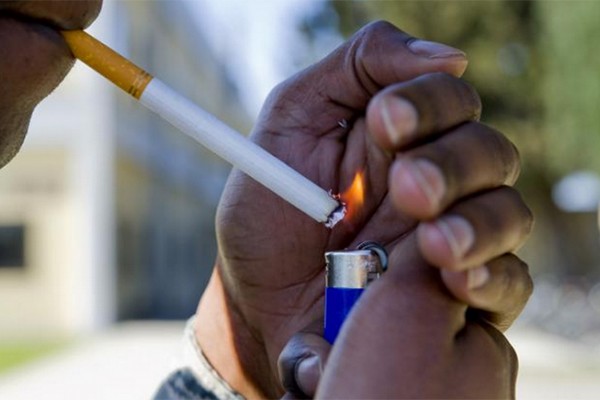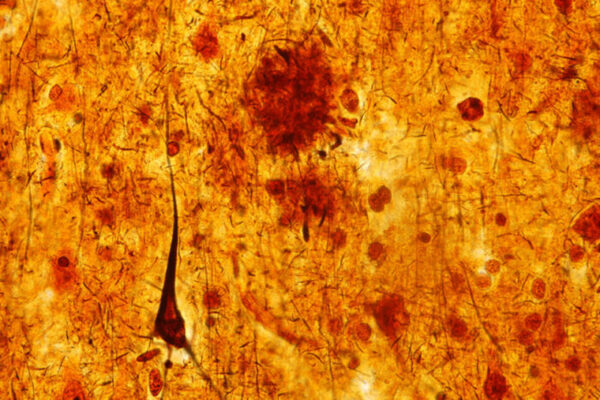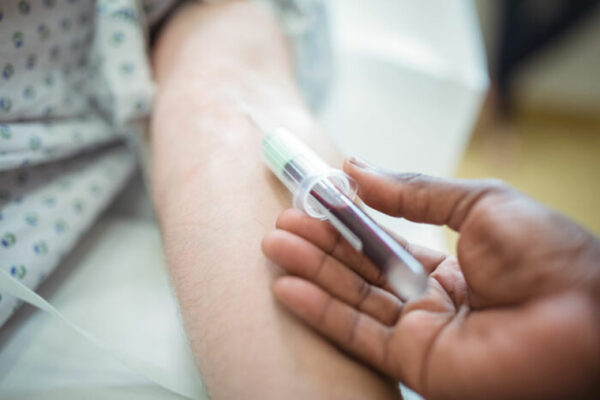Communities that most need tobacco sales restrictions aren’t getting them, study finds
U.S. communities with higher smoking rates or lower excise taxes were less likely to adopt retail policies restricting tobacco sales, according to new research from the Brown School at Washington University in St. Louis.
2019-20 tuition, room, board, fees announced
Undergraduate tuition at Washington University in St. Louis will be $54,250 for the 2019-20 academic year — a $1,850 increase over the 2018-19 current academic tuition of $52,400, announced Amy B. Kweskin, vice chancellor for finance and chief financial officer. This year’s percentage increase of 3.5 percent matches that of the last four years and remains the university’s lowest in 51 years.
Sleep deprivation accelerates Alzheimer’s brain damage
A study in mice and people from the School of Medicine shows that sleep deprivation causes tau levels to rise and tau tangles to spread through the brain, accelerating Alzheimer’s brain damage.
Study: Live in the moment, don’t selfie or snap it
If an event is otherwise highly enjoyable, pausing to take photographs will detract from a person’s engagement and enjoyment … and potentially affect the business visited, according to research by a team that included Olin Business School’s Robyn LeBoeuf.
Early parent-child conflicts predict trouble charting life path
Children who have more conflict in relationships with their mothers during early years of elementary school may find it more difficult to find a sense of purpose in life as they reach adulthood, suggests new research from Washington University in St. Louis.
NIH grant will fund study on how communities address diabetes
The Brown School and Washington University School of Medicine in St. Louis have received a $2.9 million grant from the National Institute of Diabetes and Digestive and Kidney Diseases to study the impact of addressing unmet basic needs among Medicaid beneficiaries with diabetes.
Black Anthology celebrates 30th anniversary
Black Anthology returns Feb. 1 and 2 to Edison Theatre with its 30th anniversary show, “The Creation,” inspired by James Weldon Johnson’s Harlem Renaissance poem of the same name. Senior Ebby Offord said the show’s staying power reflects the transformative power of art and the persistent challenges that African-American students face.
Engineering a third option
Working with budding local tech companies can be good for researchers, good for startups and good for the local economy — even if, in the end, the researcher decides to head back to the lab. Here’s the story of what one PhD student is learning about his options.
Blood test detects Alzheimer’s damage before symptoms
A simple blood test reliably detects signs of brain damage in people on the path to developing Alzheimer’s disease – even before they show signs of confusion and memory loss, according to a new study from the School of Medicine and the German Center for Neurodegenerative Diseases.
Law speaker series features public interest law, policy advocates
The School of Law’s Access to Justice Public Interest Law & Policy Speaker Series spring lineup features lawyers, judges, authors and academics who will address a spectrum of high-profile issues. Journalist Amy Sullivan will present on religion in the 2020 presidential election on Jan. 30.
View More Stories









